CBD (cannabidiol) napjaink egyik legtöbbet emlegetett természetes gyógymódja a wellness világában. Nemcsak a kannabisz növényhez való kötődése, hanem potenciális terápiás előnyei miatt is széleskörű figyelmet kapott. Ellentétben THC, a jól ismert megfelelőjével, a CBD nem pszichoaktív, vagyis nem leszel tőle "betépve". Ezért fordulnak sokan a CBD-hez a különböző betegségek, például a szorongás, a krónikus fájdalom, a gyulladás és az alvászavarok enyhítésére, mindezt a hagyományos kannabisz tudatmódosító hatása nélkül.
De ha a CBD olaj vagy más CBD termékek kipróbálását fontolgatja, az egyik leggyakrabban felmerülő kérdés az, hogy: Mi a megfelelő CBD adagolás? Akár egy adott egészségügyi állapot kezelésére, akár egyszerűen az általános jólét fokozására használja a CBD-t, az Ön igényeinek megfelelő CBD adagolás megtalálása kulcsfontosságú. Ebben az átfogó útmutatóban részletezzük a CBD adagolását befolyásoló legfontosabb tényezőket, hogyan határozhatja meg a megfelelő mennyiséget saját maga számára, és még a háziállatoknak, például kutyáknak adott CBD-vel kapcsolatos fontos megfontolásokra is kitérünk.
Mi a CBD és hogyan működik?
 A CBD egyike a kannabisz növényben található több mint 100 természetben előforduló vegyületnek. Ezek a kannabinoidoknak nevezett vegyületek kölcsönhatásba lépnek a szervezet endokannabinoid rendszerével (ECS), a receptorok összetett hálózatával, amely kulcsszerepet játszik a különböző élettani folyamatok, például a hangulat, az étvágy, az alvás és az immunrendszer működésének szabályozásában. A CBD-t gyakran reklámozzák a szervezetben az egyensúly vagy a homeosztázis elősegítésére irányuló potenciáljával. Ezért használják számos betegségben, többek között szorongás, krónikus fájdalom, álmatlanság és gyulladás esetén.
A CBD egyike a kannabisz növényben található több mint 100 természetben előforduló vegyületnek. Ezek a kannabinoidoknak nevezett vegyületek kölcsönhatásba lépnek a szervezet endokannabinoid rendszerével (ECS), a receptorok összetett hálózatával, amely kulcsszerepet játszik a különböző élettani folyamatok, például a hangulat, az étvágy, az alvás és az immunrendszer működésének szabályozásában. A CBD-t gyakran reklámozzák a szervezetben az egyensúly vagy a homeosztázis elősegítésére irányuló potenciáljával. Ezért használják számos betegségben, többek között szorongás, krónikus fájdalom, álmatlanság és gyulladás esetén.
A THC-vel (tetrahidrokannabinol) ellentétben a CBD nem bódító hatású, azaz nem vált ki "kábító" hatást. A THC pszichoaktív hatásának hiánya teszi a CBD-t vonzóvá azok számára, akik bizonyos egészségügyi állapotok enyhítésére vágynak anélkül, hogy a tudatállapotuk megváltozna. Ehelyett a CBD az ECS receptorokkal kölcsönhatásba lépve számos biológiai folyamatot befolyásol, beleértve a fájdalomérzetet, a stresszre adott választ és az immunrendszer működését.
A CBD-vel kapcsolatos kutatások még mindig a kezdeti szakaszban vannak, de egyre több bizonyíték utal arra, hogy hatékony kezelést jelenthet bizonyos állapotokban, például szorongás, fájdalomcsillapítás, sőt bizonyos esetekben még epilepszia esetén is. Terápiás potenciálja a hagyományos gyógyszerek népszerű alternatívájává tette, különösen a természetes gyógymódokat keresők körében.
Hogyan határozzuk meg az Ön számára megfelelő CBD adagot
Amikor a CBD adagolásáról van szó, nincs általános válasz. CBD adagolása olyan tényezőktől függően változik, mint a testsúly, az anyagcsere, a kezelt állapot és a használt CBD termék típusa. Például a CBD-olaj és a tinktúrák gyakran magasabb koncentrációjúak, mint a CBD-gumik vagy kapszulák. A legfontosabb dolog, amit szem előtt kell tartani a megfelelő CBD adagolás meghatározásakor, hogy az alacsony kezdettel és lassan haladva a legjobb stratégia.
A megfelelő adag megtalálásának kulcsa, hogy kis mennyiséggel kezdjünk, és fokozatosan növeljük azt, figyelve, hogyan reagál a szervezetünk. Bár a CBD-re vonatkozóan nincsenek hivatalos adagolási irányelvek, az alábbiakban néhány általános ajánlást találsz, amelyek segíthetnek a kezdésben.
Lassan kezdj és lassan haladj
A CBD-vel újonnan ismerkedők számára a legjobb megközelítés, ha alacsony adaggal kezdünk, és idővel lassan növeljük. Az általános kiindulási pont a 10-15 mg naponta. Ha néhány nap után nem tapasztalja a kívánt hatást, növelje az adagot 5 mg-mal, és továbbra is figyelje, hogyan érzi magát. Ez a fokozatos emelés segít megtalálni az optimális adagot a túlzás veszélye nélkül.
Azt is fontos megjegyezni, hogy egyes emberek hamarabb érezhetik a CBD hatását, mint mások. Az adagolási módtól függően (pl. olajok, kapszulák, ehető ételek) a CBD-nek 30 perctől akár több óráig is eltarthat, amíg érezhető hatást fejt ki. Következetes használat esetén valószínű, hogy idővel kifejezettebb előnyöket fogsz tapasztalni, különösen krónikus állapotok esetén.
Általános CBD adagolási útmutató
- alacsony dózis (5-15 mg naponta): Ez általában a kiindulási pont a legtöbb ember számára, különösen azok számára, akik a CBD-t általános wellnessre vagy a szorongás vagy stressz enyhe tüneteinek enyhítésére használják.
- közepes dózis (15-30 mg naponta): A mérsékelt állapotú emberek, például mérsékelt fájdalom vagy szorongás esetén a kívánt eredmények eléréséhez valamivel magasabb dózisra lehet szükség. .
- Nagy dózis (30-50 mg naponta): A súlyosabb tünetekkel vagy krónikus állapotokkal (pl. ízületi gyulladás, álmatlanság vagy súlyos szorongás) küzdőknek nagyobb dózisra lehet szükségük az enyhülés eléréséhez.
Ne feledje, ezek általános irányelvek, és az Ön számára legjobb CBD adagolás az Ön személyes egészségügyi igényei alapján eltérő lehet. Mindig a lehető legalacsonyabb adaggal kezdjen, és fokozatosan növelje, amíg el nem éri a kívánt hatást.
A CBD adagolását befolyásoló tényezők
Míg az általános adagolási irányelvek hasznosak lehetnek, az ideális CBD adagolás számos egyéni tényezőtől függ. Az alábbiakban bemutatunk néhányat a legfontosabb tényezők közül, amelyeket figyelembe kell venni annak meghatározásakor, hogy mennyi CBD-t kell szednie:
1. A testsúlyod
A testsúlyod döntő szerepet játszik a CBD adagolásának meghatározásában. A nagyobb testtömegű emberek általában nagyobb CBD adagot igényelnek, mivel nagyobb testben több CBD-re lehet szükség a kívánt hatások eléréséhez. Például egy 250 kilós személynek nagyobb CBD adagra lehet szüksége, mint egy 120 kilósnak. Ökölszabályként az Ön egészségi állapotától függően 10 kilogramm testsúlyra 1-6 milligramm CBD-vel számolhat.
2. Az Ön által kezelt állapot
A kezelendő állapot súlyossága is befolyásolja az adagolást. Például egy enyhe szorongással küzdő személynek csak kis adag CBD-re lehet szüksége, míg egy krónikus fájdalommal vagy súlyos álmatlansággal küzdő személynek nagyobb adagra lehet szüksége ahhoz, hogy enyhülést tapasztaljon. A krónikus állapotok gyakran nagyobb adagot igényelnek, mivel a szervezet idővel jobban hozzászokhat a CBD-hez.
3. A CBD termék típusa
A különböző típusú CBD-termékek CBD-koncentrációja eltérő. A CBD olajok és tinktúrák például gyakran magasabb koncentrációjú CBD-t tartalmaznak, mint a CBD ehető termékek, például a gumicukor vagy a kapszula. A CBD bevételi formája is befolyásolhatja, hogy milyen gyorsan érezzük a hatását. Az olajok és a tinktúrák például gyorsabban felszívódnak a véráramba, mint a gumicukrok vagy kapszulák, amelyeknek először át kell haladniuk az emésztőrendszeren.
Győződjön meg róla, hogy tisztában van az Ön által használt termékben lévő CBD koncentrációjával. Például, ha olyan CBD-tinktúrát használsz, amely üvegenként 1000 mg CBD-t tartalmaz, és az üveg 30 milliliter folyadékot tartalmaz, akkor minden milliliter körülbelül 33 mg CBD-t tartalmaz. Ügyeljen arra, hogy az adagolást gondosan mérje ki a CBD-termék koncentrációja alapján.
Mire számítson a CBD szedésekor
Amikor elkezdi használni a CBD-t, fontos szem előtt tartani, hogy a hatás nem biztos, hogy azonnali lesz. Időbe telhet, amíg a szervezeted alkalmazkodik, és az előnyök érezhetővé válnak. Sok felhasználó számol be arról, hogy a CBD szedése után relaxációt vagy nyugalmat érez, míg mások fájdalomcsillapítást vagy az alvásminőség javulását tapasztalják. Ne feledje, hogy az egyéni tapasztalatok eltérőek lehetnek, és egyeseknek több időre lehet szükségük ahhoz, hogy a CBD teljes mértékben kiaknázza előnyeit.
A CBD hatása a fogyasztás módjától függően változhat. Például a szublingválisan (a nyelv alatt) bevitt CBD-olaj jellemzően gyorsabban felszívódik és gyorsabb hatást vált ki, mint a CBD-evés, amelyet először meg kell emészteni.
A CBD gyakori hatásai közé tartoznak:
- Lazulás és stresszoldás: Sokan használják a CBD-t nyugtató hatása miatt, ami segíthet csökkenteni a szorongás és a stressz érzését.
- Fájdalomcsillapítás: A CBD ismert potenciális fájdalomcsillapító (fájdalomcsökkentő) tulajdonságairól, amelyek segíthetnek a krónikus fájdalom, fejfájás és gyulladás kezelésében.
- Javított alvás: Sokan használják a CBD-t az alvásminőség javítására, különösen azok, akik álmatlansággal vagy rendszertelen alvási szokásokkal küzdenek.
- csökkentett gyulladás: A CBD-t gyakran használják gyulladáscsökkentő hatása miatt, ami segíthet olyan állapotokban, mint az artritisz és a gyulladásos bélbetegségek.
CBD adagolása kutyáknak: Amit tudni kell
 A CBD nem csak az emberek számára előnyös, hanem a háziállatoknak, különösen a kutyáknak is segíthet olyan állapotok kezelésében, mint a szorongás, az ízületi gyulladás és a krónikus fájdalom. A CBD adagolásakor kutyáknak azonban elengedhetetlen, hogy figyelembe vegyük egyedi fiziológiájukat. Az emberekkel ellentétben a kutyák endokannabinoid rendszere sokkal érzékenyebb, ami azt jelenti, hogy kisebb dózisú CBD-re van szükségük.
A CBD nem csak az emberek számára előnyös, hanem a háziállatoknak, különösen a kutyáknak is segíthet olyan állapotok kezelésében, mint a szorongás, az ízületi gyulladás és a krónikus fájdalom. A CBD adagolásakor kutyáknak azonban elengedhetetlen, hogy figyelembe vegyük egyedi fiziológiájukat. Az emberekkel ellentétben a kutyák endokannabinoid rendszere sokkal érzékenyebb, ami azt jelenti, hogy kisebb dózisú CBD-re van szükségük.
Hány CBD-t adjak a kutyámnak?
A megfelelő CBD adagolása kutyák számára, egy általános ökölszabály szerint 1-5 mg CBD-t kell adni 10 font testsúlyra vetítve. Például:
- Kis kutyák (15 lbs alatt): Adagonként 1-2 mg CBD-vel kezdje.
- Közepes kutyák (15-30 lbs): 2-5 mg adagonként.
- Nagy kutyák (30 lbs és több): 5-10 mg adagonként.
A mennyiség növelése előtt mindig kezdje alacsonyabb adaggal és figyelje kedvence reakcióját. Az állatorvossal is jó ötlet konzultálni, különösen, ha kedvence más gyógyszereket szed, vagy már meglévő egészségügyi problémái vannak.
Veszélyes-e a CBD túladagolása?
Az egyik ok, amiért a CBD annyira népszerűvé vált, az az, hogy nagyon biztonságosnak tartják, még nagyobb adagokban is. Noha a CBD-t nehéz túladagolni, a túl nagy mennyiség bevitele kellemetlen mellékhatásokhoz vezethet, mint például álmosság, hányinger vagy hasmenés.
Nagyon fontos, hogy mindig kövesse az adagolási ajánlásokat, és konzultáljon egészségügyi szakemberrel (vagy háziállatok esetében állatorvossal), mielőtt jelentős változtatásokat eszközöl a CBD-használatban.
Gyakran ismételt kérdések a CBD adagolásáról
Q: Mennyi ideig tart, amíg a CBD hat?
A: A CBD hatása a fogyasztás módjától függően változhat. Szublingválisan (a nyelv alá) bevéve 15-30 percig is eltarthat, mire érezni lehet a hatását. Az ehető fogyasztás esetén 1-2 órába is beletelhet, mire a hatás érezhetővé válik, mivel először át kell haladnia az emésztőrendszeren.
Q: Lehet túl sok CBD-t bevenni?
A: A CBD nagyon biztonságosnak tekinthető, még nagy dózisban is. A túl nagy mennyiség szedése azonban enyhe mellékhatásokhoz, például álmossághoz vagy emésztési zavarokhoz vezethet. Mindig az a legjobb, ha alacsony adaggal kezdünk, és szükség szerint fokozatosan növeljük.
K: Honnan tudom, hogy megfelelő mennyiségű CBD-t szedek-e?
A: Lényeges, hogy alacsony adaggal kezdj, és fokozatosan növeld, miközben megfigyeled, hogyan reagál a szervezeted. Figyelje a tapasztalt hatásokat, hogy megállapítsa, több vagy kevesebb CBD-re van-e szüksége.
Q: Adhatok CBD-t a kutyámnak?
A: Igen, a CBD hasznos lehet a háziállatok, köztük a kutyák számára, különösen olyan állapotok esetén, mint a szorongás és a krónikus fájdalom. Kezdje alacsony adaggal, és konzultáljon állatorvosával, mielőtt rendszeresen adagolná.
Q: Milyen mellékhatásai vannak a CBD-nek?
A: Néhány embernél előfordulhatnak enyhe mellékhatások, például fáradtság, szájszárazság vagy étvágyváltozás. Ezek a mellékhatások általában ritkák és elmúlnak, ahogy a szervezet alkalmazkodik a CBD-hez.
Következtetés
A megfelelő CBD adagolás meghatározása kulcsfontosságú az előnyök maximalizálásához és az esetleges mellékhatások minimalizálásához. Akár fájdalomcsillapításra, szorongás kezelésére vagy alvásjavításra használja a CBD-t, a legbiztonságosabb megközelítés, ha alacsony adaggal kezd, és azt fokozatosan, az igényei alapján növeli. Mindig figyelje a teste reakcióját, és konzultáljon egészségügyi szolgáltatójával, ha bizonytalan az adagolással kapcsolatban, különösen, ha más gyógyszereket szed, vagy ha a CBD-t háziállata számára használja.
Ha megérti, hogyan működik a CBD és hogyan kell megfelelően adagolni, akkor teljes mértékben kihasználhatja ezt az erős természetes vegyületet a jó közérzete érdekében.






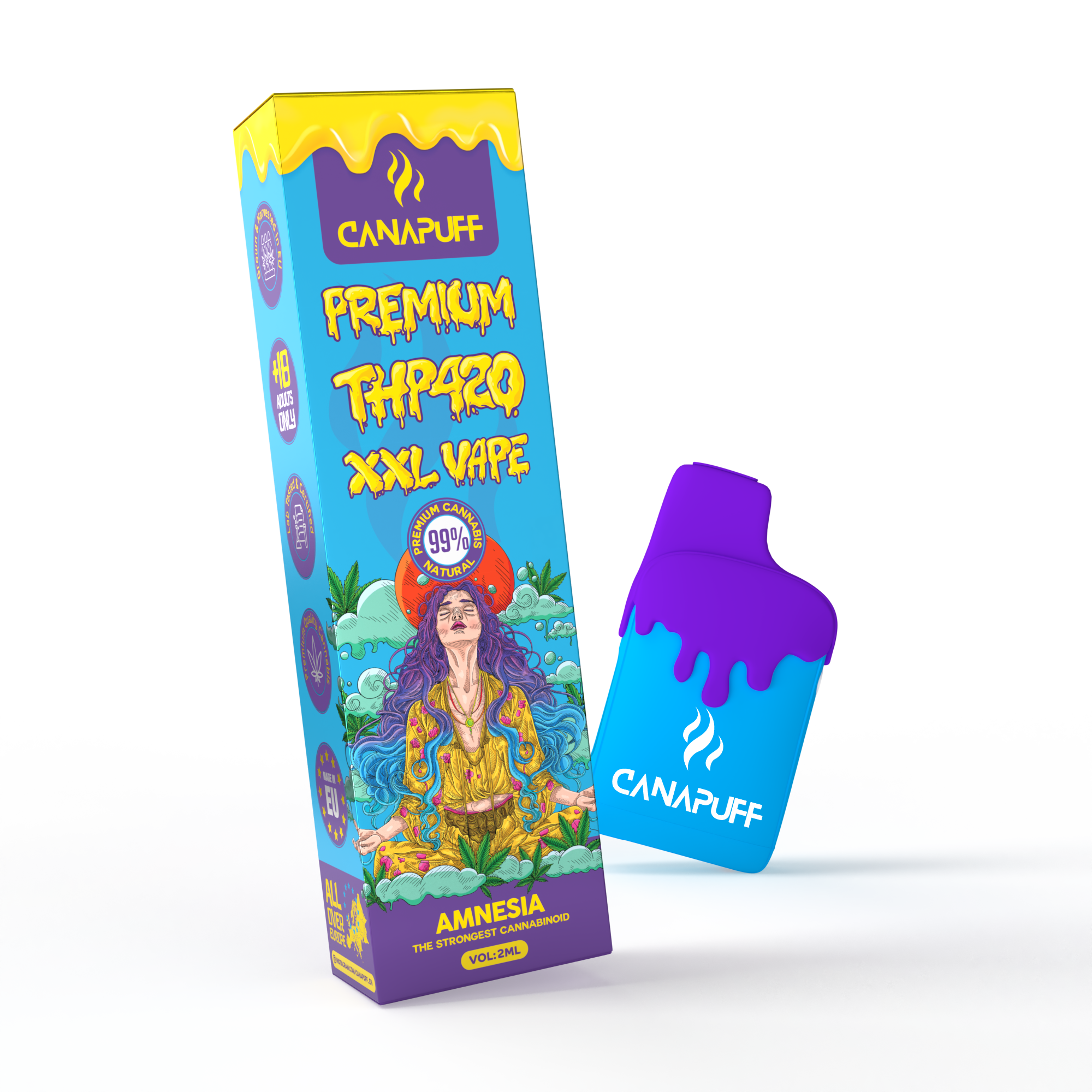
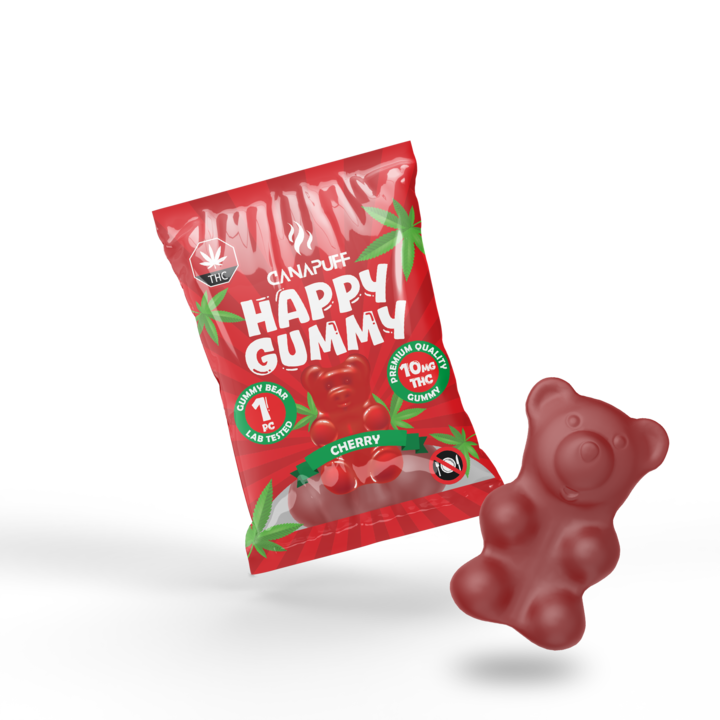
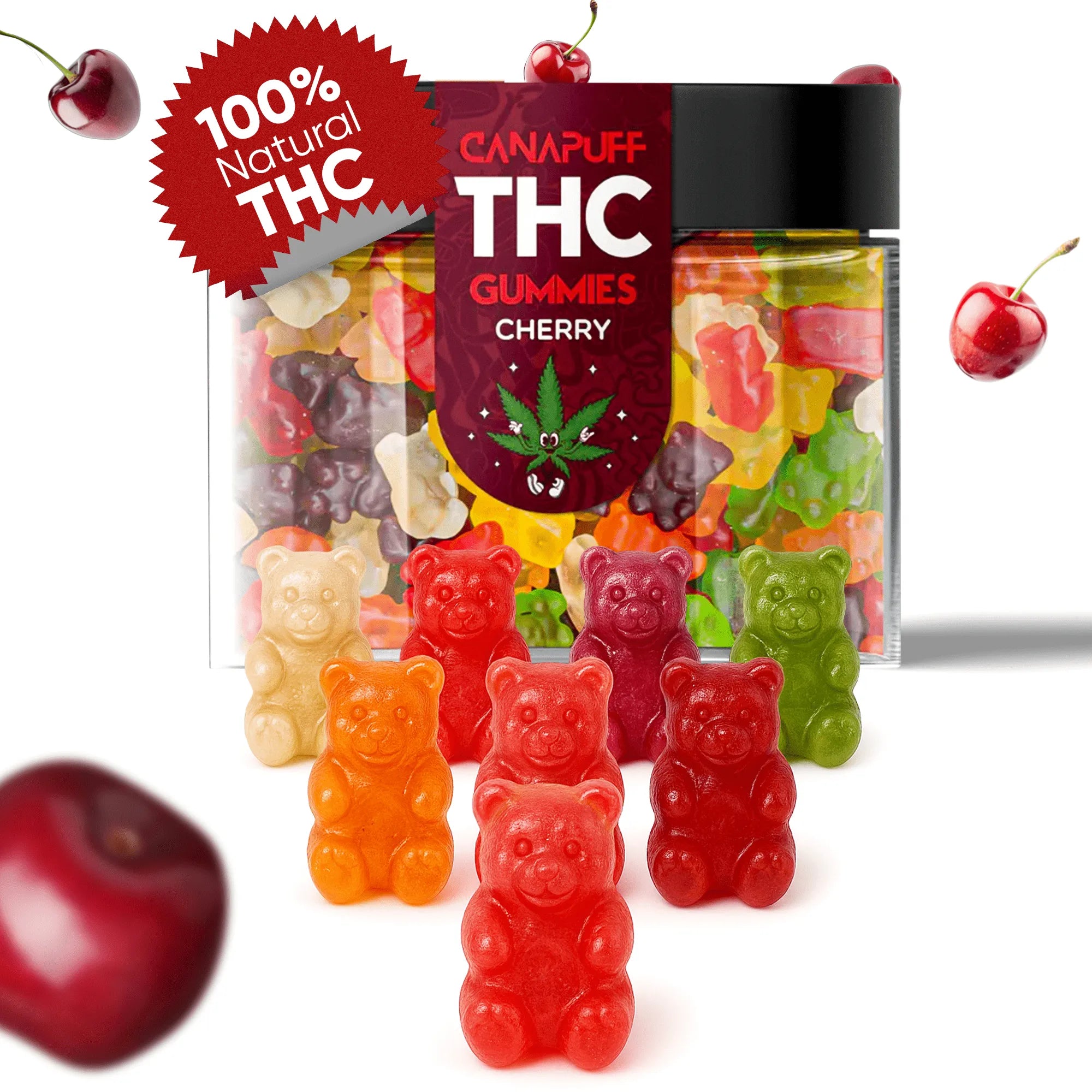
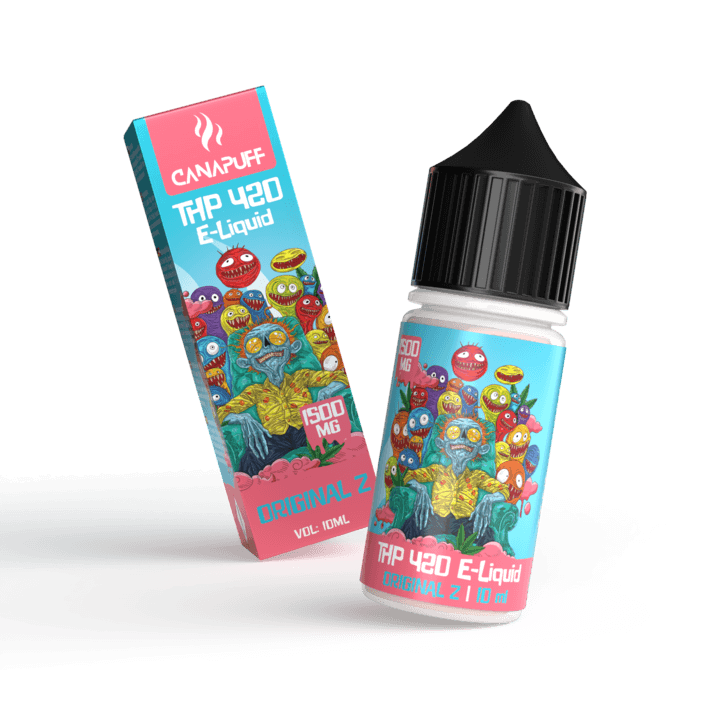
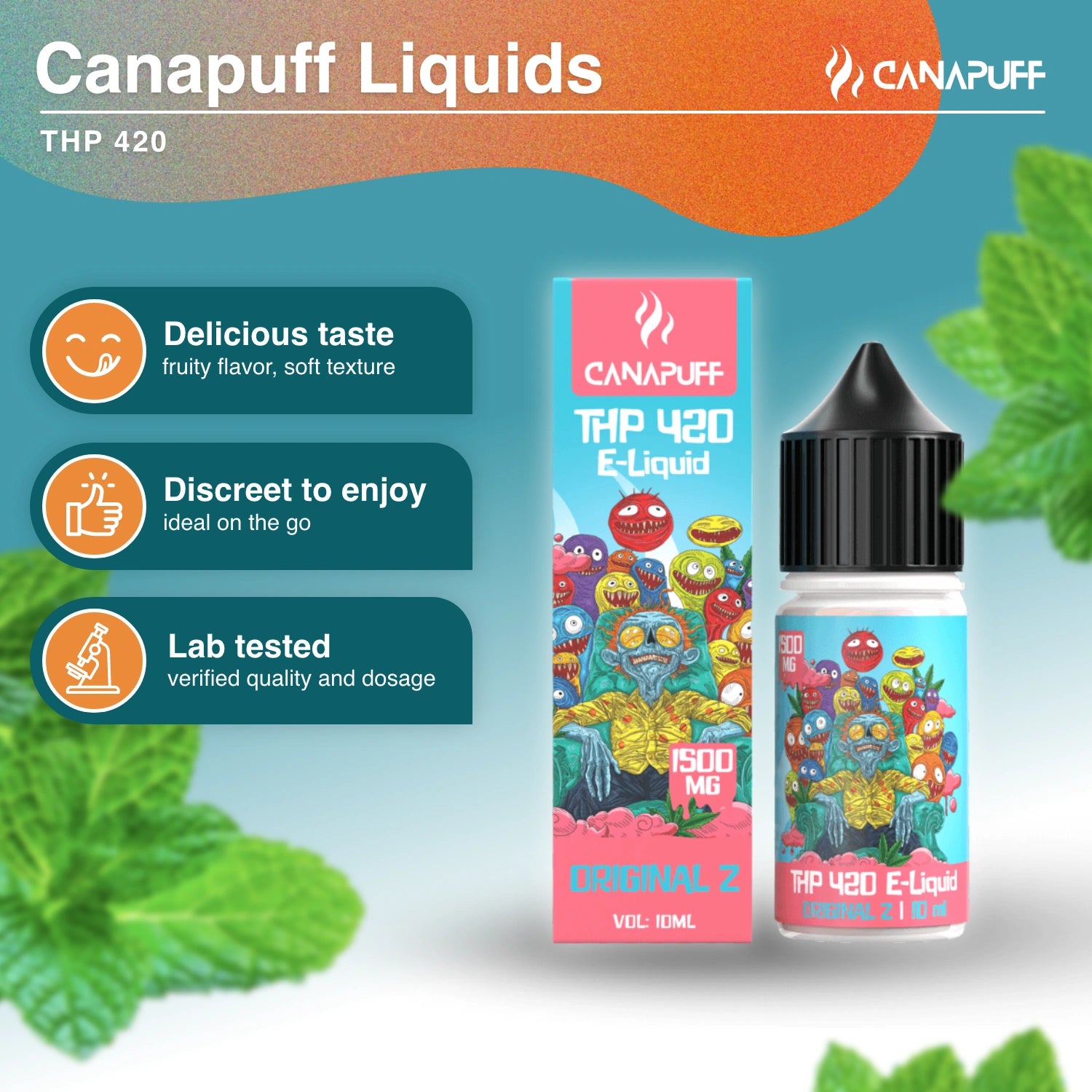








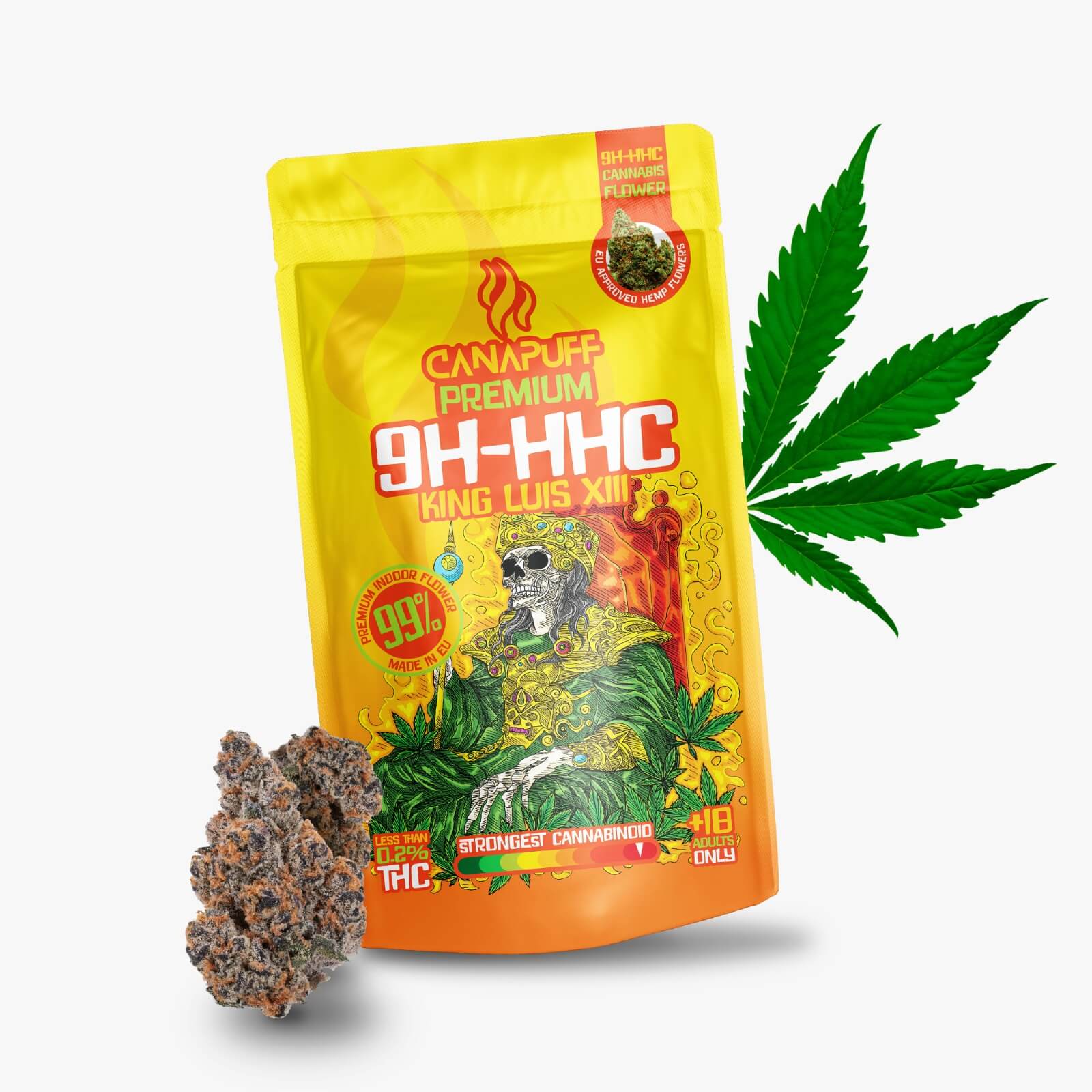
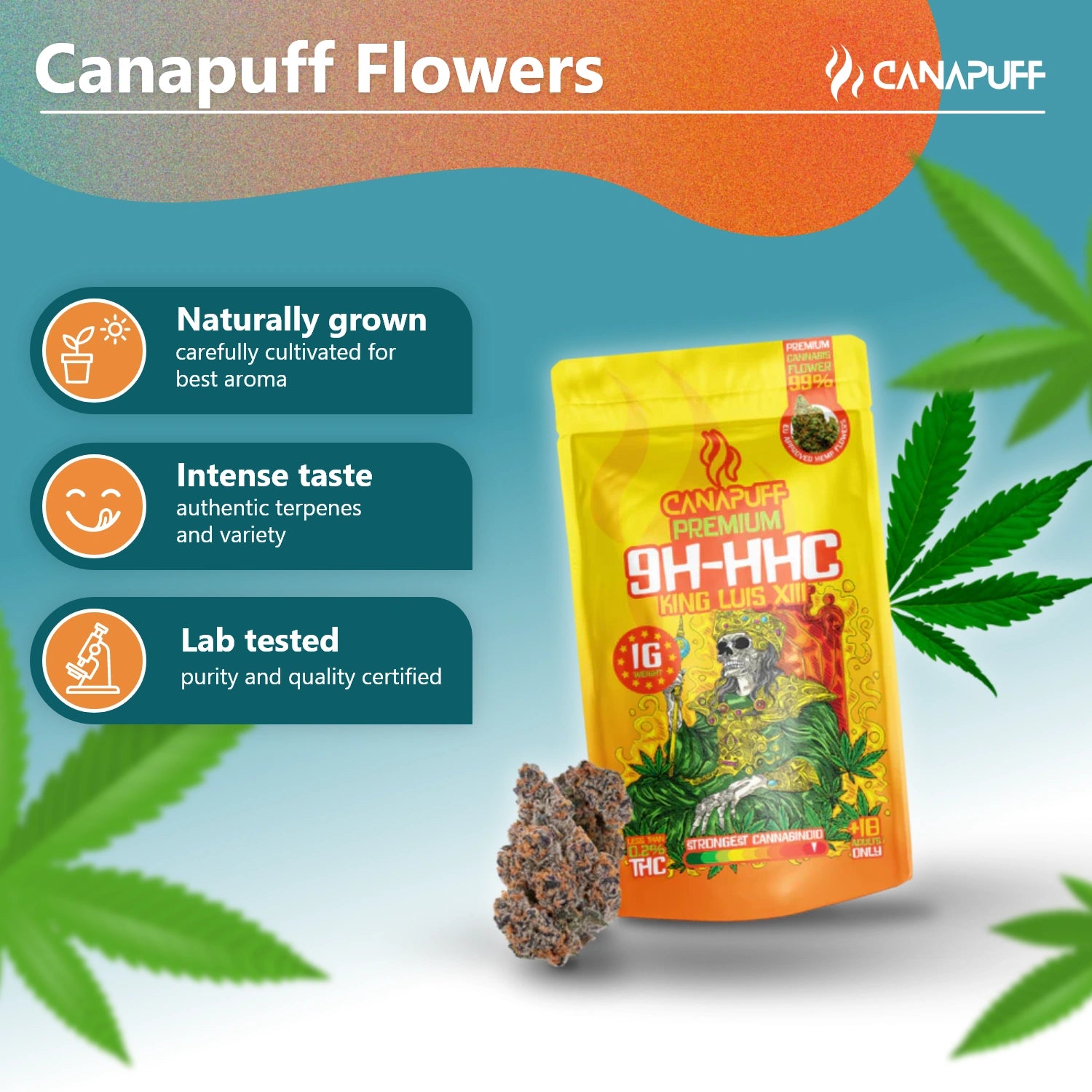
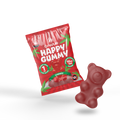
Hozzászólás
Ezt a webhelyet a hCaptcha rendszer védi, és a hCaptcha adatvédelmi szabályzata, valamint szolgáltatási feltételei vonatkoznak rá.